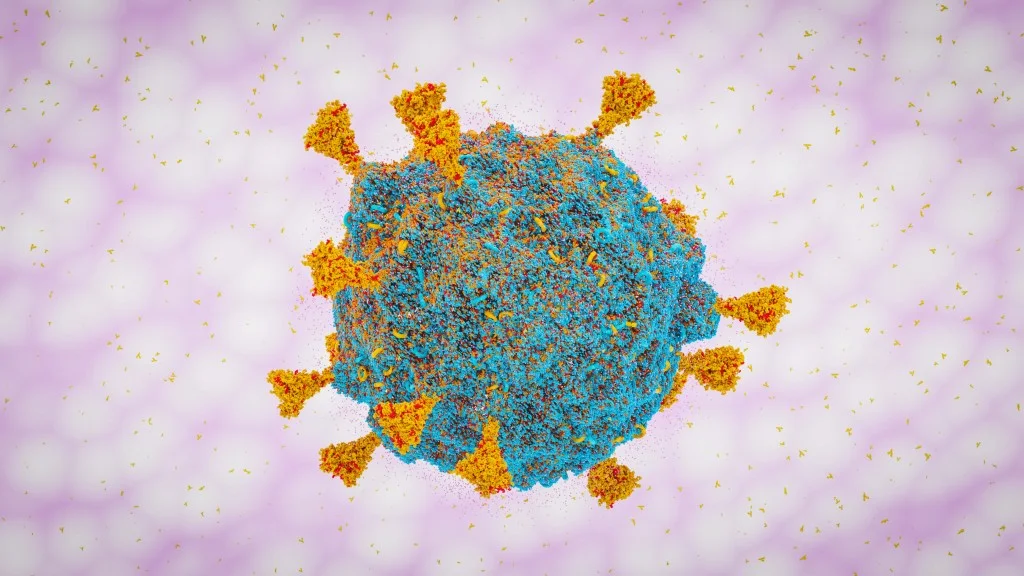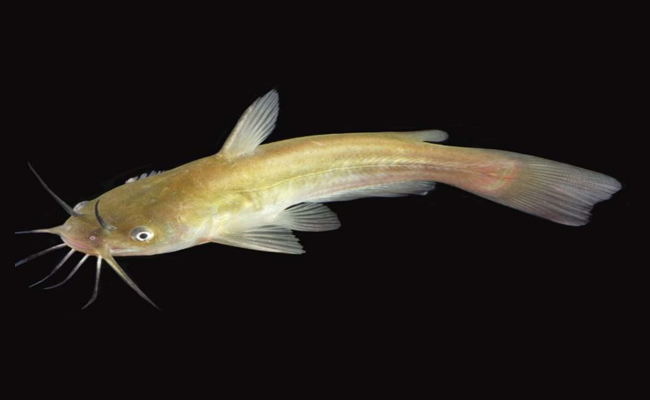Is Omicron Serious Issue: The emergence of the Omicron variant of COVID-19 has caused widespread concern and anxiety around the world. As the number of cases continues to rise, many are wondering if this new variant is a serious issue or if it is just another bump in the road in our ongoing battle against the pandemic. In this article, we will explore the science behind the Omicron variant and its potential impact on global health.
What is the Omicron variant?

The Omicron variant, also known as B.1.1.529, was first detected in South Africa in November 2021. It is a variant of the SARS-CoV-2 virus, which is the virus that causes COVID-19. The Omicron variant has been classified as a “variant of concern” by the World Health Organization (WHO) due to the high number of mutations in its spike protein. The spike protein is the part of the virus that allows it to enter human cells and cause infection.
One of the most concerning aspects of the Omicron variant is its ability to spread rapidly. The variant has been found in multiple countries around the world, and its transmission rate is believed to be much higher than previous variants. This has led to fears that the variant could cause a surge in cases and overwhelm healthcare systems in many countries.
Is the Omicron variant more dangerous than previous variants?
At this time, it is still unclear whether the Omicron variant is more dangerous than previous variants of the virus. There is some evidence to suggest that the variant may be less severe than previous variants, but more research is needed to confirm this.
One study conducted in South Africa found that the Omicron variant was associated with milder symptoms compared to previous variants. However, it is important to note that this study only included a small number of participants and more research is needed to confirm these findings.
Another study conducted in the UK found that the Omicron variant was associated with a higher risk of hospitalization compared to previous variants. However, it is important to note that the study only included a small number of patients and more research is needed to confirm these findings.
Overall, it is too early to say whether the Omicron variant is more or less dangerous than previous variants. More research is needed to understand the potential impact of this new variant on global health.
How can we protect ourselves from the Omicron variant?

The best way to protect ourselves from the Omicron variant is to follow the same guidelines that have been recommended throughout the pandemic. This includes:
- Getting vaccinated: The COVID-19 vaccines have been shown to be highly effective at preventing severe illness and hospitalization, even against the Omicron variant. If you have not yet been vaccinated, it is important to do so as soon as possible.
- Wearing masks: Masks can help to prevent the spread of the virus by blocking droplets that are released when we talk, cough, or sneeze. It is recommended that we wear masks in indoor settings, particularly when we are in close proximity to others.
- Practicing social distancing: Social distancing can help to reduce the spread of the virus by limiting close contact with others. It is recommended that we maintain a distance of at least six feet from others, particularly in indoor settings.
- Washing our hands frequently: Washing our hands frequently with soap and water can help to kill the virus and prevent its spread.
In addition to these measures, it is important to stay up-to-date with the latest guidance from public health officials. This can help to ensure that we are taking the appropriate steps to protect ourselves and others from the virus.
The emergence of the Omicron variant has caused widespread concern around the world.
Read Also: Who Got Grammy Awards 2023 ?
![]()





